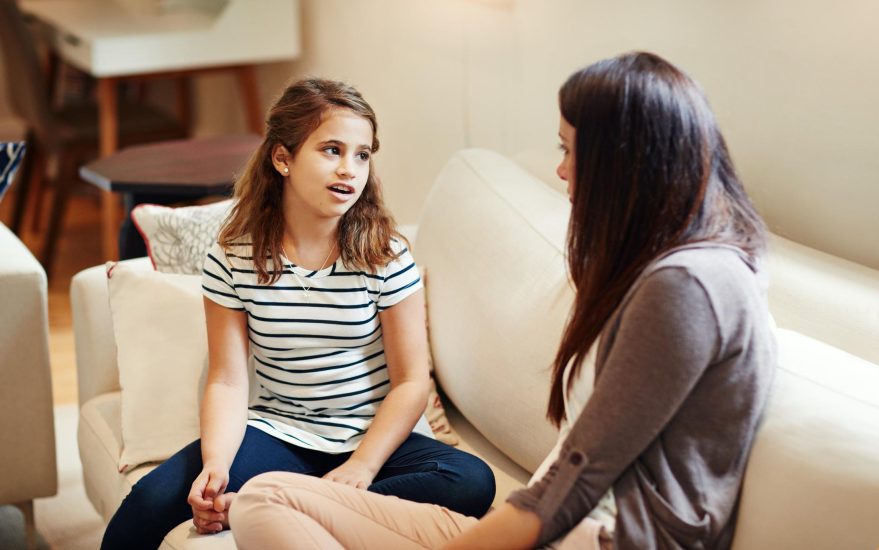R U OK? Day is an annual event in Australia that encourages people to check in on others and ask, “Are you OK?” to support mental health and well-being. It’s held on the second Thursday of September and is part of a larger movement aimed at promoting meaningful conversations. The goal is to prevent suicide and help people who may be struggling with life challenges.
R U OK? Day can help kids by teaching them the importance of looking out for one another, recognising emotions, and starting conversations about feelings in a safe and supportive way.
How R U OK? Day Can Benefit Children
Talking about emotional and mental health issues is of enormous benefit to children. Open communication encourages emotional awareness and teaches children about the importance of empathy and kindness.
Kids who feel comfortable taking about feelings are also more likely to ask for help when they need it. Learning to check in on themselves and others helps build resilience and confidence because children understand they are not alone, and that they have the ability to help others.
Follow these steps to encourage meaningful conversations:
- Create a Supportive Environment: By normalising open communication where children’s thoughts and emotions are taken seriously you will create a supportive environment where kids feel safe expressing themselves.
- Talk about the Purpose of R U OK? Day: Explain the purpose of the day in simple terms that children can understand. Discuss the importance of asking people how they’re feeling and showing kindness when they are worried or sad.
- Ask About Feelings: Sometimes kids don’t have the language to express themselves and they need a little help. Ask open-ended questions that encourage them to explore their emotions and think about how others might be feeling.
- Model Active Listening: Explain how important it is to listen when someone shares their feelings. Show them how they can be a good listener by making eye contact, being patient, and offering comfort. Help your child understand that they don’t need to find solutions to people’s problems as often just being a good listener is enough.
- Encourage Empathy: Ask your child to think about how they can help their friends or siblings if they notice they’re upset. Encourage them to develop empathy by putting themselves in other people’s shoes by asking how they would feel in similar circumstances. Role play asking friends if they’re OK so your child feels more comfortable reaching out to others.
- Share Personal Experiences: If appropriate, share your own experiences with mental health or feelings, to show them that it’s okay to talk about tough emotions. Tell them how you’ve dealt with difficult experiences and how much it helps to know someone cares.
The Tutor Doctor Difference
Communication is vital for good mental health. Engaging regularly with a tutor gives students the confidence and skills they need to share their thoughts and feelings.
In addition to targeted academic help, a tutor can assist with stress and exam anxiety, as well as organisation and prioritisation.
All these factors can significantly impact student well-being, which is why we place a large emphasis on personal connection when selecting tutors. Using our advanced matching system, we will match your child with the best tutor for their needs.
Contact us for a free consultation.




